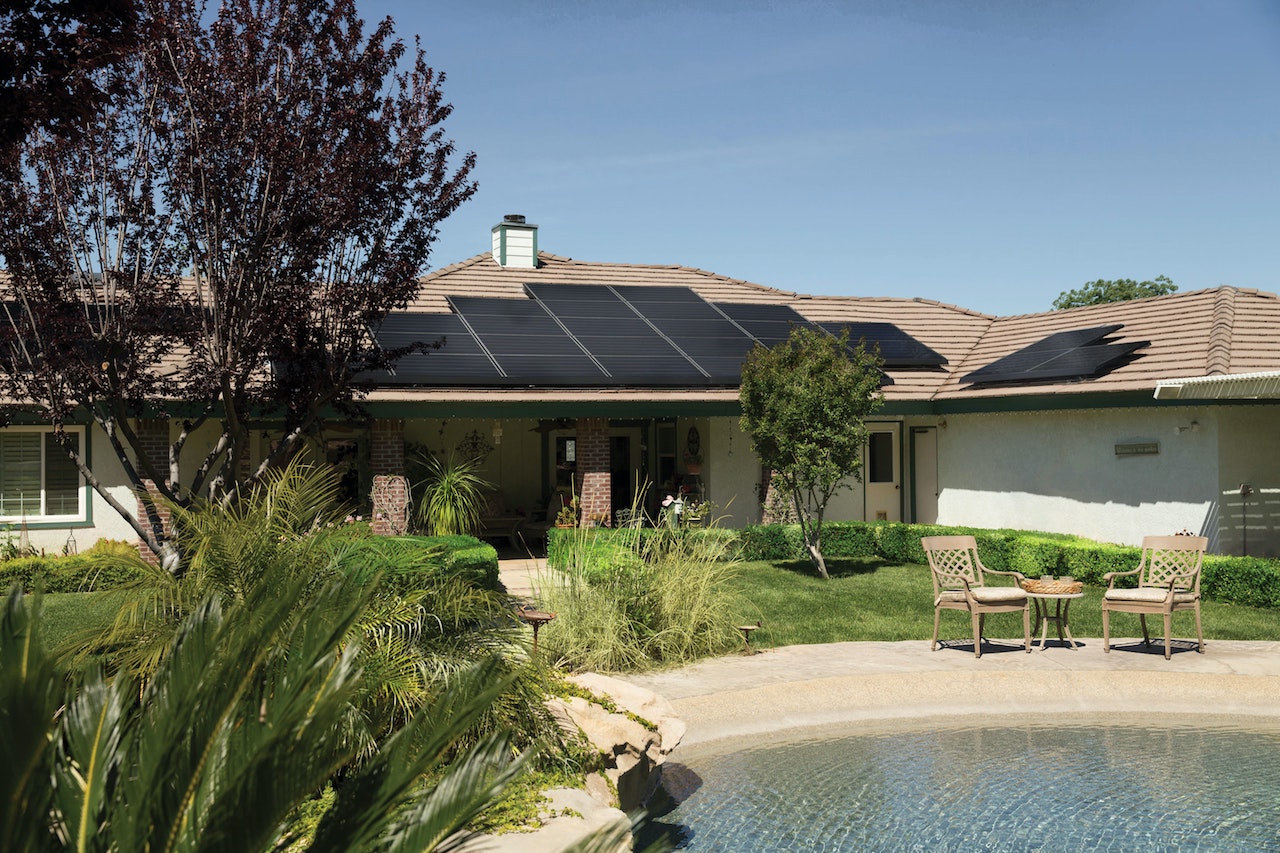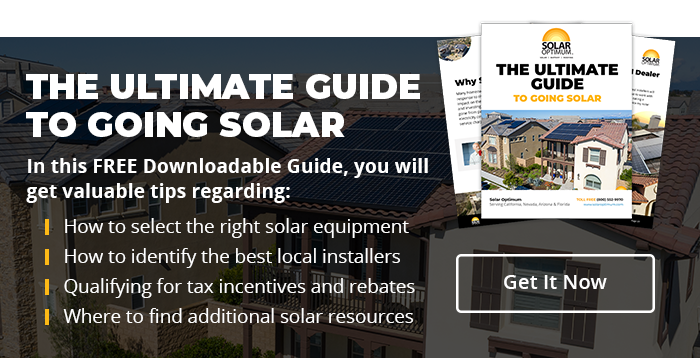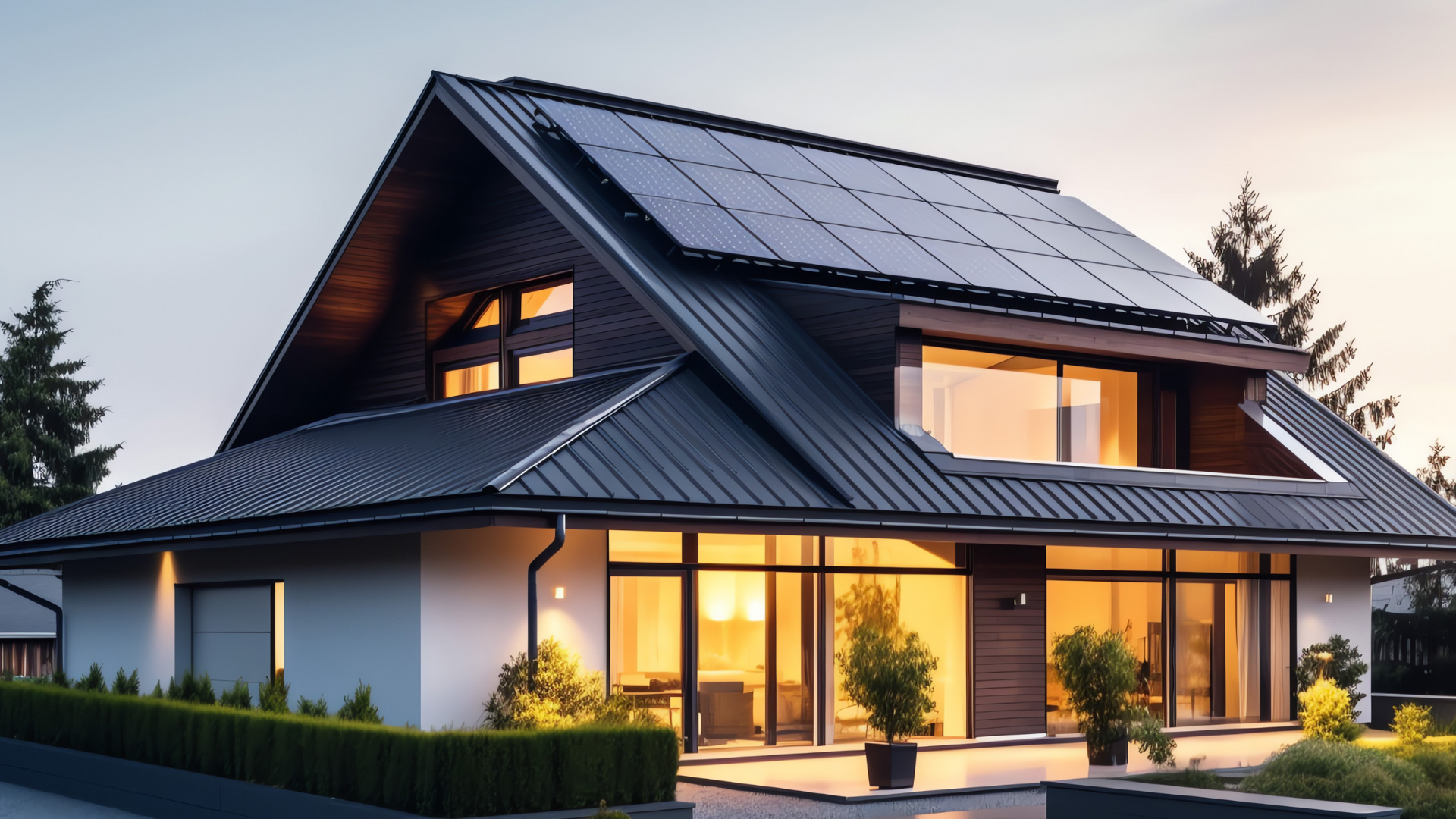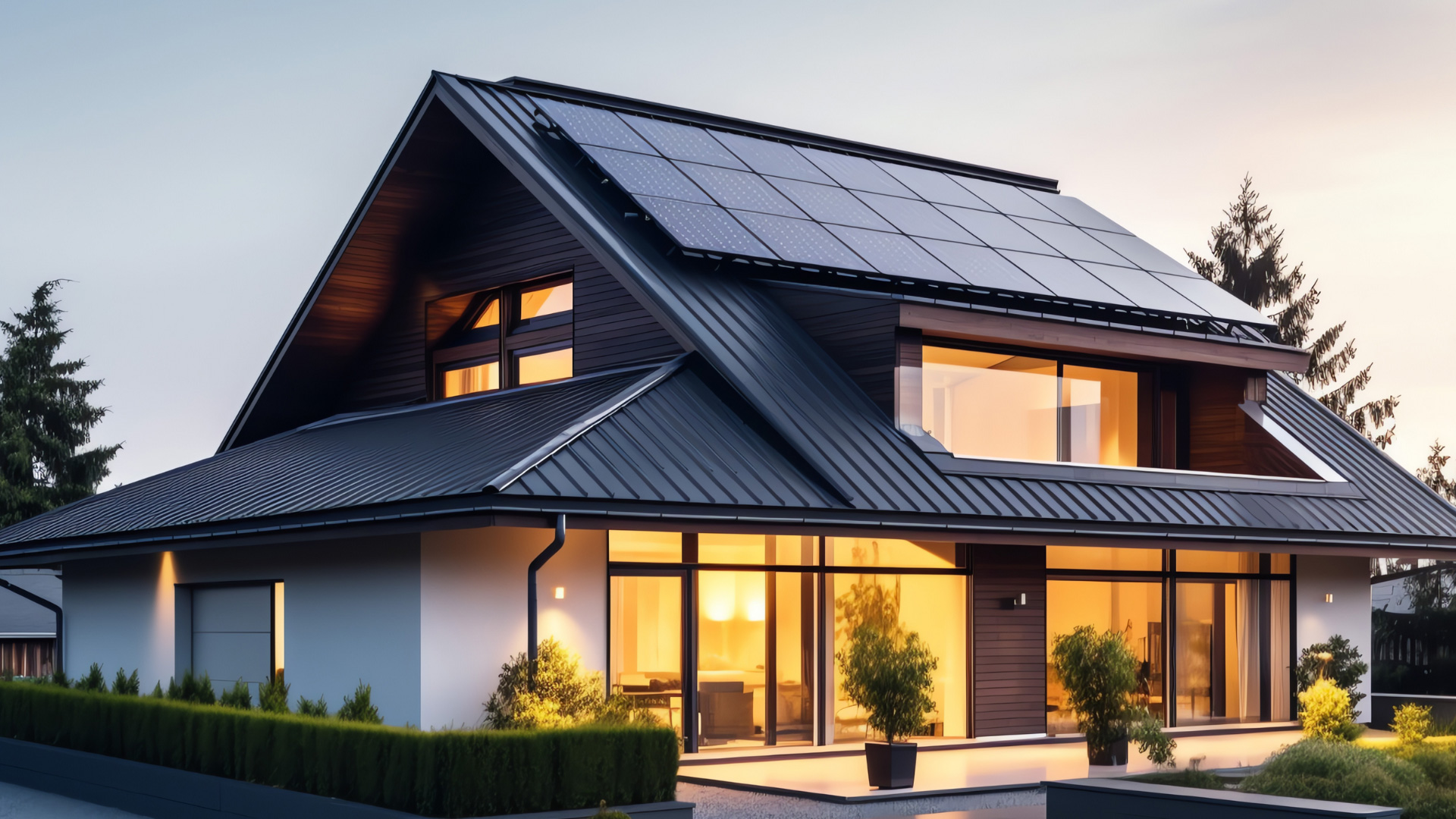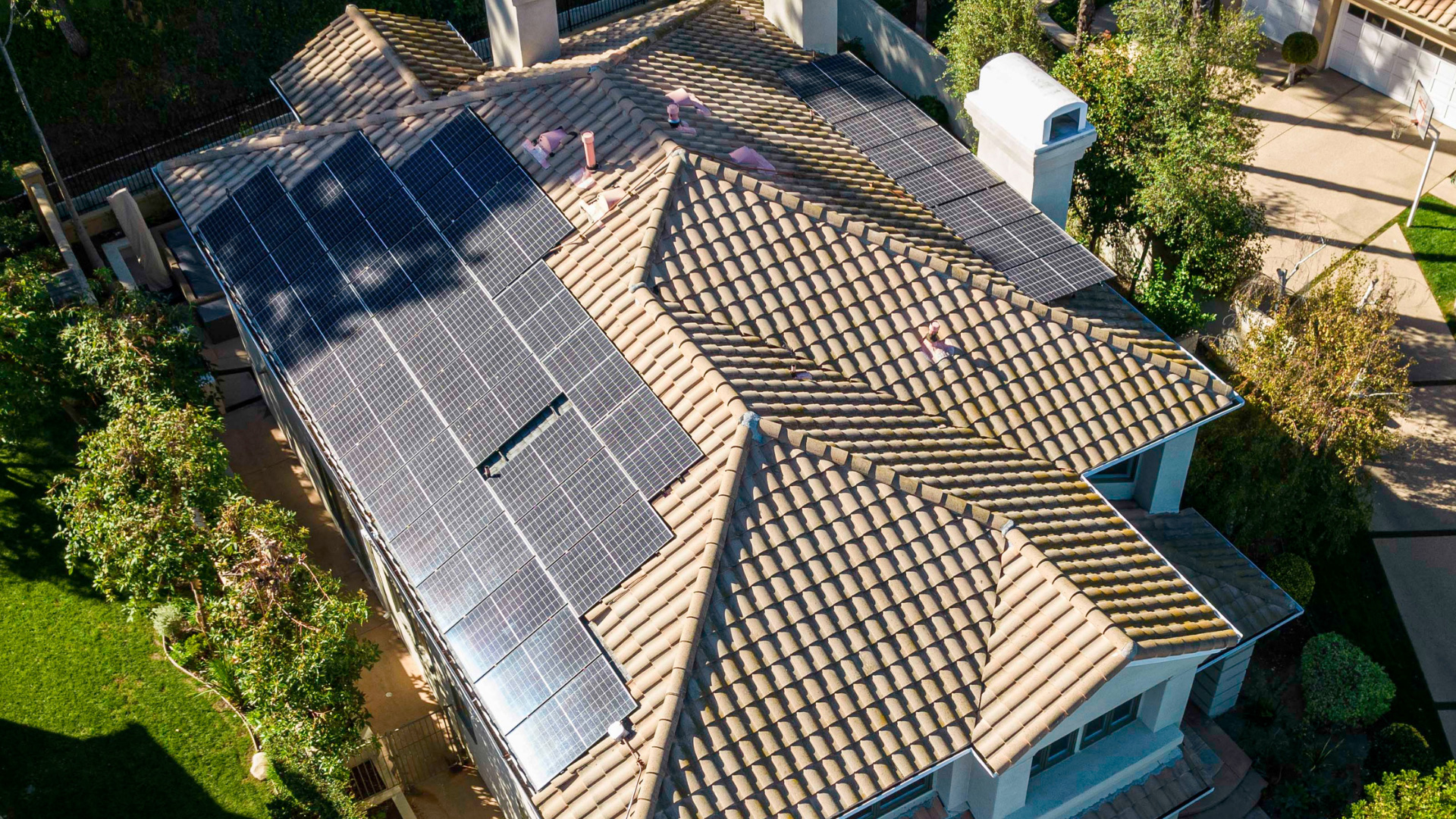As noted by Energy Matters, Sin City could change its name to Solar City, as all of Las Vegas’ municipal properties have been powered entirely by renewable energy sources since the 100-megawatt solar farm known as Boulder Solar 1 was brought online in late 2016. Boulder Solar 1 has enabled the city to power all of its 140 buildings, as well as street lights, city parks, and other facilities. But how is the rest of the state faring in the push for more environmentally friendly energy, and is this push impacting individuals as well as companies?
Solar Production in Nevada
According to the U.S. Energy Information Administration (EIA), while natural gas accounts for the largest share of Nevada’s electricity generation, renewable energy sources — primarily solar, geothermal, and hydroelectric power — account for 37 percent of the state’s total in-state electricity generation, with utility and small-scale solar photovoltaic energy making up 23 percent of the total. Electric Rate reports that Nevada currently ranks sixth in the nation for solar energy production, and with good reason, given the vast open landscape and year-round sunshine that the state enjoys.
How Much Residential Solar is In the Mix?
In all, there is around 3903.8 MW of solar installed in Nevada, spread out among 67,650 solar installations across the state. The majority of those installations are residential solar power installations and the number is continuing to increase due to reductions in the investment that residents have to pay in order to have solar.
The price of a residential solar energy system has declined more than 80 percent in the past 10 years, Electric Rate reports, and around 45 percent just in the past five years.
The Affordability of Solar Driving Interest
In 2015, state laws pertaining to renewable energy were changed and were not as favorable to those wishing to install a residential solar energy system, Electric Rate explains. However, in response to public outcry, many of the perks associated with owning your own solar system in Nevada, including net metering, were reinstated. Currently, the average cost of installing a residential solar energy system in Nevada is between $10,300 and $14,600, depending on factors such as the resident’s energy needs, the size of their roof, and the type of panels they wish to install.
In addition to dramatically reduced pricing for residential systems, residents can also enjoy a robust net metering policy in which residents can get between 75 to 95 percent of solar credits with their utility company, depending on where they live and which utility company they use. This results in a significant reduction in the cost of electricity.
The state offers a number of other incentives for solar users in order to incentivize more people to use renewable energy, as does the federal government. If one were to take advantage of all the incentives offered, they could expect to pay for their solar energy system in 10 years or less.
Additionally, those with solar energy systems installed at their homes get the benefit of knowing they’re helping the environment through the use of renewable energy as well as helping the state reach its renewable energy goals, while also increasing the value of their home.
Join The Solar Revolution
Thanks to wide support from the state and city governments, tens of thousands of people have installed solar energy systems and are contributing to the production of clean, renewable energy.
If you want to throw your hat in the solar energy ring, a great way to start is by contacting Solar Optimum for more information about residential solar energy system installation in Nevada. Our team is currently serving customers in Las Vegas, Henderson, North Las Vegas, South Las Vegas, Boulder City, and Blue Diamond.

